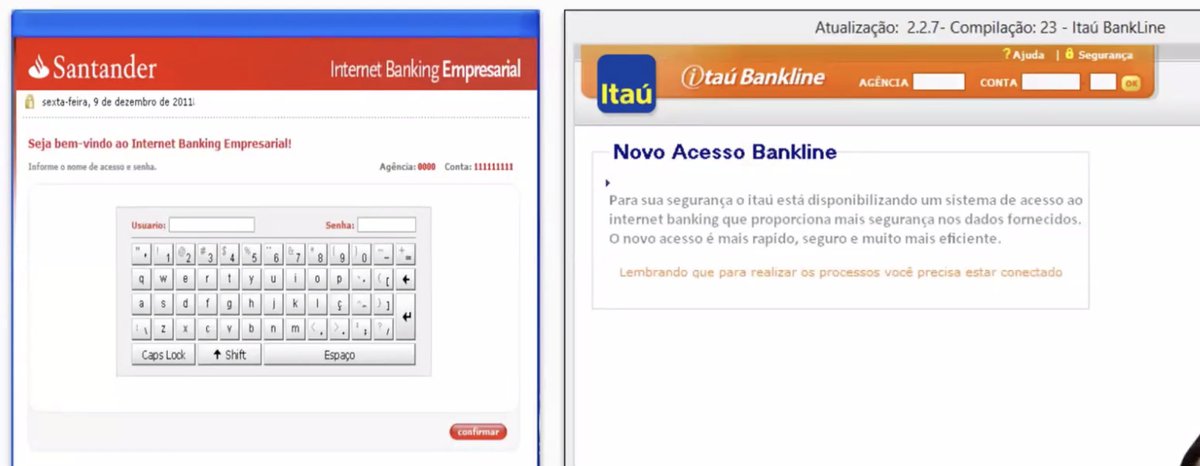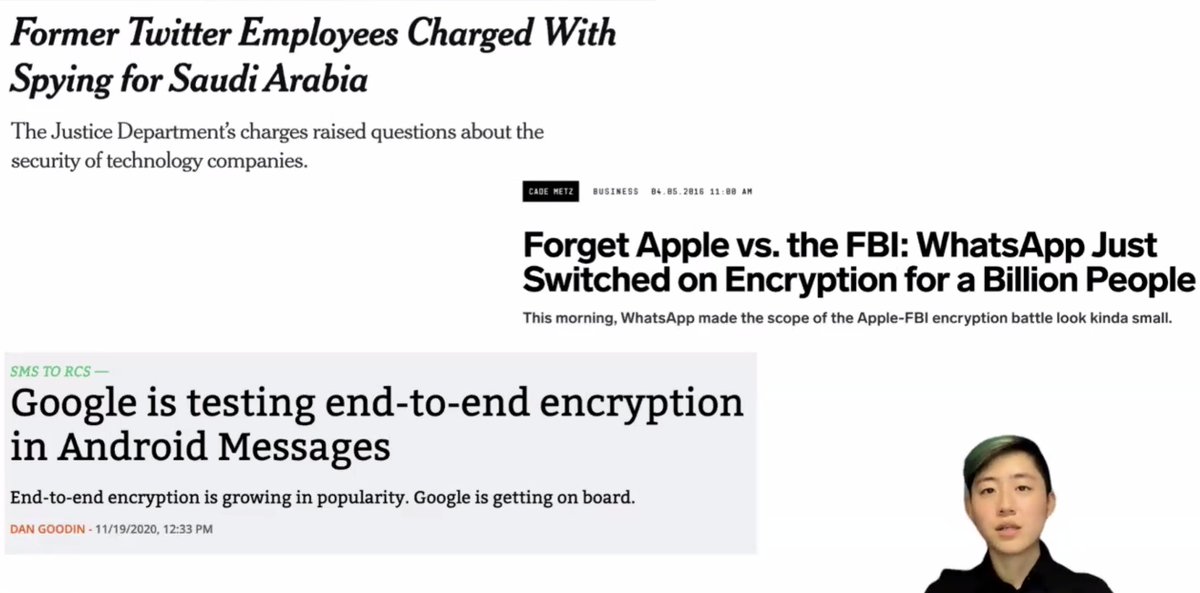
Kicking off the last session of #enigma2021, @katestarbird is speaking about an extremely pressing topic: "ONLINE RUMORS, MISINFORMATION AND DISINFORMATION: THE PERFECT STORM OF COVID-19 AND ELECTION2020"
usenix.org/conference/eni…
usenix.org/conference/eni…
So much mis/dis-information in the last few months about covid: rumours about lockdowns, home remedies... and then conspiracy theories 

Mis/disinformation didn't start with the internet
* we've always been vulnerable to spreading rumours
* especially in times of crisis and anxiety
* we've always been vulnerable to spreading rumours
* especially in times of crisis and anxiety
We engage in "collective sense-making" to try to soothe our anxiety in a crisis.
But this can go awry by making false rumours run wild and turn into misinformation.
Can also be exploited -- manipulators use crises as opportunities
But this can go awry by making false rumours run wild and turn into misinformation.
Can also be exploited -- manipulators use crises as opportunities
Misinformation: false but not necessarily on purpose
Disinformation: is false, on purpose, and for a particular goal (e.g. financial or political). Generally a campaign, not just single pieces of content.
Disinformation: is false, on purpose, and for a particular goal (e.g. financial or political). Generally a campaign, not just single pieces of content.
Pervasive disinformation erodes the foundations of democratic societies.
started long before election: trump tweets, people make "evidence"
said "big if true" -- spoiler: not true

said "big if true" -- spoiler: not true


There was some disinformation on the left (mostly about removal of mailboxes) but *dwarfed* by the right
A week before the election put out a report on what to expect in the election and beyond [slide with lists of expected {mis/dis}information narratives] 

We saw many of these types of narratives after the election. [breakdown of disinformation post-election] 

This is the spread starting ~2am on Nov 4th
Shift to AZ starts very closely when Fox calls AZ for Biden
Shift to AZ starts very closely when Fox calls AZ for Biden

Disinformation is participatory: Trump&co didn't just prime people to believe the disinformation, but to produce it
Elites set the agenda, audience made the evidence, elites echoed it back
Elites set the agenda, audience made the evidence, elites echoed it back
Twitter suspended a lot of accounts, but too late
Note: we pick on Twitter a lot, but that's only because they're open and let us research. The other platforms have these problems but we can't see as well
Note: we pick on Twitter a lot, but that's only because they're open and let us research. The other platforms have these problems but we can't see as well

A lot of responsibility in the hands of these platforms, maybe too much
Can't fix it with a new feature or a few bans. Need to work together across industry, academic, civil society.
Need to rebuild trust to rebuild society.
[end of talk]
Can't fix it with a new feature or a few bans. Need to work together across industry, academic, civil society.
Need to rebuild trust to rebuild society.
[end of talk]
• • •
Missing some Tweet in this thread? You can try to
force a refresh




















